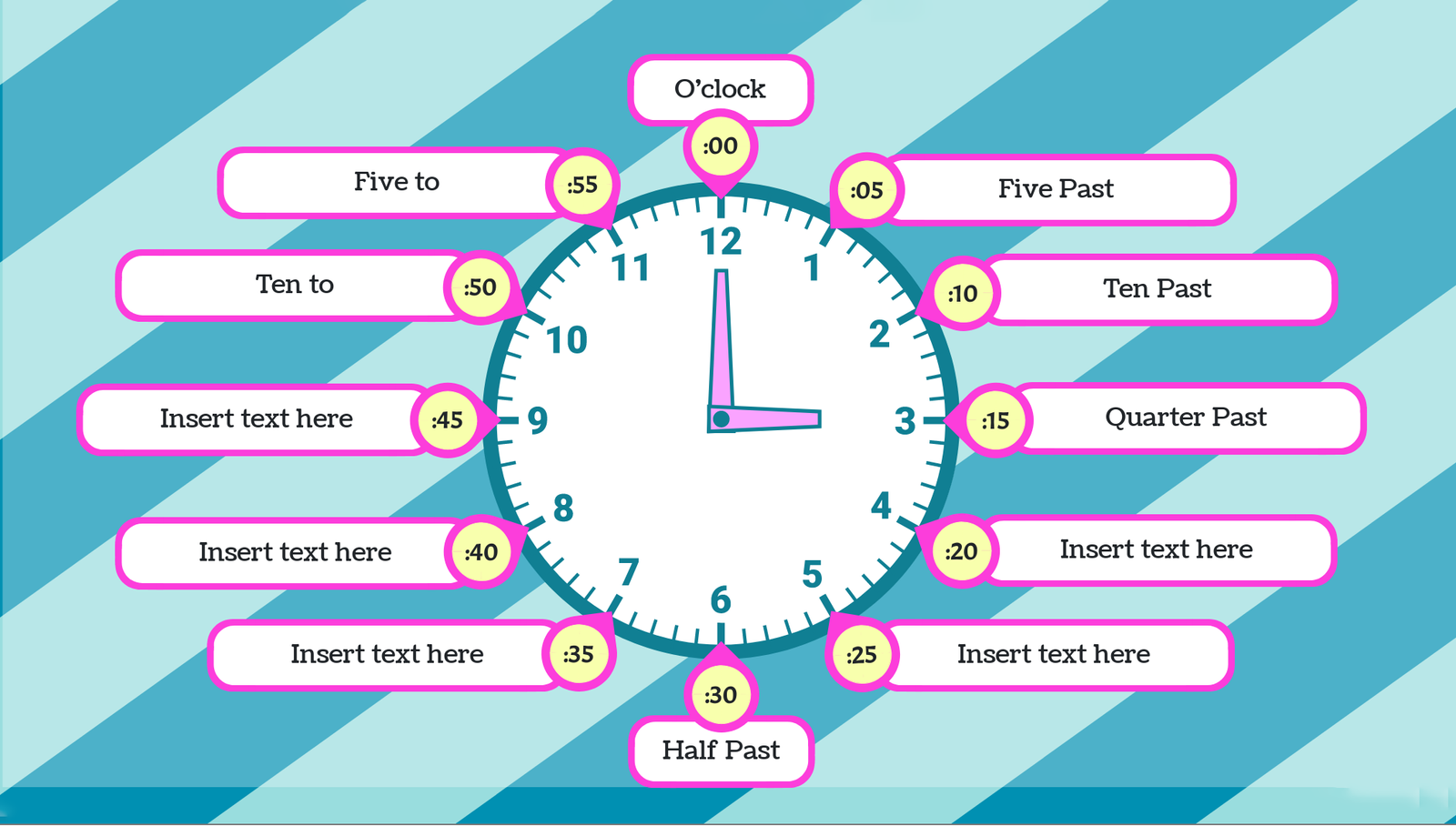
Time Converter: Your Essential Guide to Navigating the World of Time
Understanding and Converting Time Units with Ease
Time is a precious commodity, and being able to convert it between different units is a valuable skill in our daily lives. Whether you're planning a trip, calculating deadlines, or simply keeping track of your schedule, understanding how to convert between hours, minutes, seconds, and other time units can make your life much easier.
In this comprehensive guide, we'll delve into the world of time conversion, exploring the basics, providing practical examples, and offering helpful resources to enhance your understanding.
Understanding Time Units
Before we dive into conversions, let's refresh our understanding of the common time units:
- Seconds: The smallest unit of time, representing one-sixtieth of a minute.
- Minutes: Sixty seconds make up one minute.
- Hours: Sixty minutes make up one hour.
- Days: Twenty-four hours make up one day.
- Weeks: Seven days make up one week.
- Months: A variable unit of time, ranging from 28 to 31 days depending on the month.
- Years: Twelve months make up one year, or approximately 365.25 days.
Converting Between Units
Converting Hours to Minutes: To convert hours to minutes, simply multiply the number of hours by 60.
Example: 2 hours * 60 minutes/hour = 120 minutes
Converting Minutes to Hours: To convert minutes to hours, divide the number of minutes by 60.
Example: 120 minutes / 60 minutes/hour = 2 hours
Converting Seconds to Minutes: To convert seconds to minutes, divide the number of seconds by 60.
Example: 180 seconds / 60 seconds/minute = 3 minutes
Converting Minutes to Seconds: To convert minutes to seconds, multiply the number of minutes by 60.
Example: 3 minutes * 60 seconds/minute = 180 seconds
Converting Hours to Seconds: To convert hours to seconds, multiply the number of hours by 3600 (since there are 60 seconds in a minute and 60 minutes in an hour).
Example: 2 hours * 3600 seconds/hour = 7200 seconds
Converting Seconds to Hours: To convert seconds to hours, divide the number of seconds by 3600.
Example: 7200 seconds / 3600 seconds/hour = 2 hours
Converting Days to Hours: To convert days to hours, multiply the number of days by 24.
Example: 3 days * 24 hours/day = 72 hours
Converting Hours to Days: To convert hours to days, divide the number of hours by 24.
Example: 72 hours / 24 hours/day = 3 days
Additional Tips:
- Use a Calculator: For more complex calculations, a calculator can be a handy tool to ensure accuracy.
- Memorize Common Conversions: It's helpful to memorize some common conversions, such as 60 seconds in a minute, 60 minutes in an hour, and 24 hours in a day.
- Be Mindful of Units: Always double-check that you're using the correct units in your calculations and conversions.
- Round to Appropriate Precision: Depending on the situation, you may need to round your answer to a certain number of decimal places.
Online Resources:
Several online resources can help you with time conversions:
- Time Converter Tool: For quick and accurate time conversions, check out this handy online tool: Time Converter
- Online Calculators: Many websites offer online calculators for various time-related calculations, such as calculating elapsed time or converting between different time zones.
- Educational Websites: Websites like Khan Academy and Math is Fun offer interactive lessons and exercises on time conversions and other mathematical concepts.
Real-Life Applications
Time conversion is a skill that can be applied in many different areas of life, including:
- Scheduling: When planning events or appointments, you need to ensure that everyone is on the same page regarding time.
- Travel: When traveling to different time zones, it's essential to convert times to your local time zone.
- Project Management: When estimating project timelines, it's important to accurately calculate the duration of each task.
- Sports and Games: Many sports and games involve timing, and being able to convert between different time units can be crucial.
- Scientific Research: In many scientific fields, accurate timekeeping is essential for conducting experiments and analyzing data.
Conclusion
Understanding and mastering time conversion is a valuable skill that can make your life easier and more efficient. By familiarizing yourself with the different time units and conversion methods, you can confidently navigate the world of time and ensure that you're always on schedule.
Remember, practice makes perfect! The more you practice converting between different time units, the easier it will become. So, grab a calculator and start exploring the endless possibilities of time conversion!